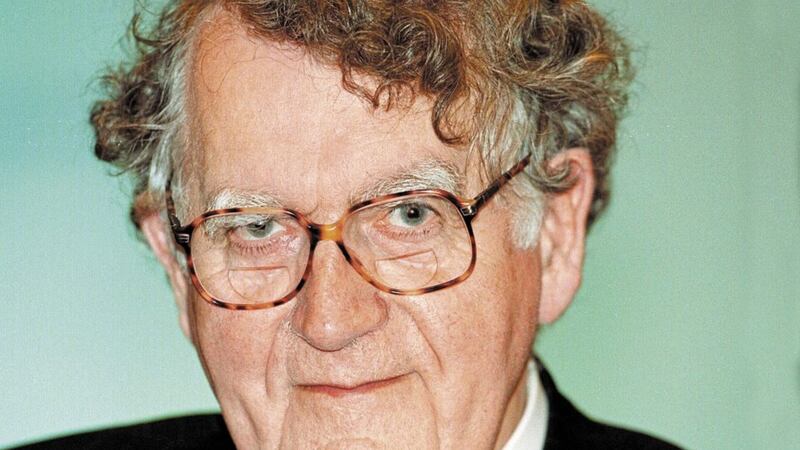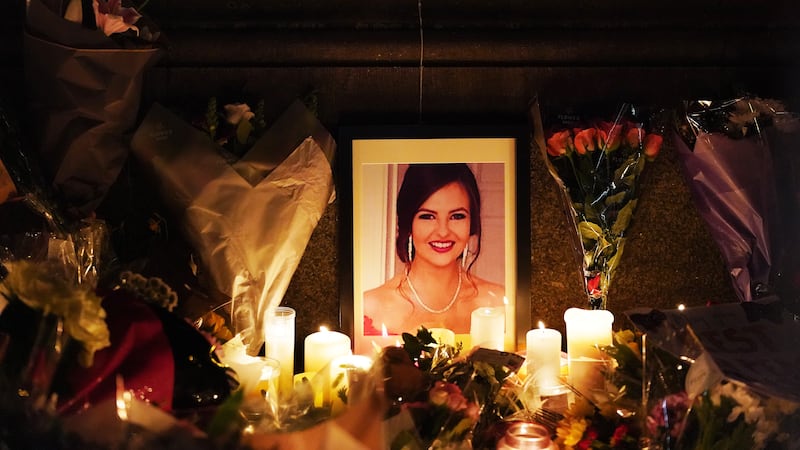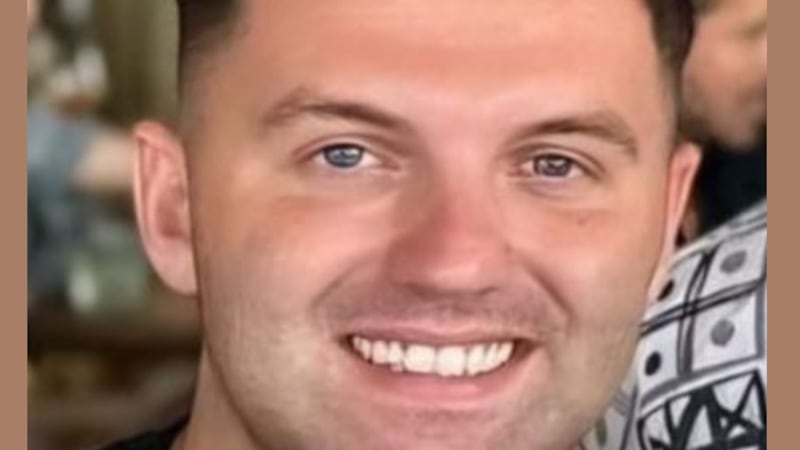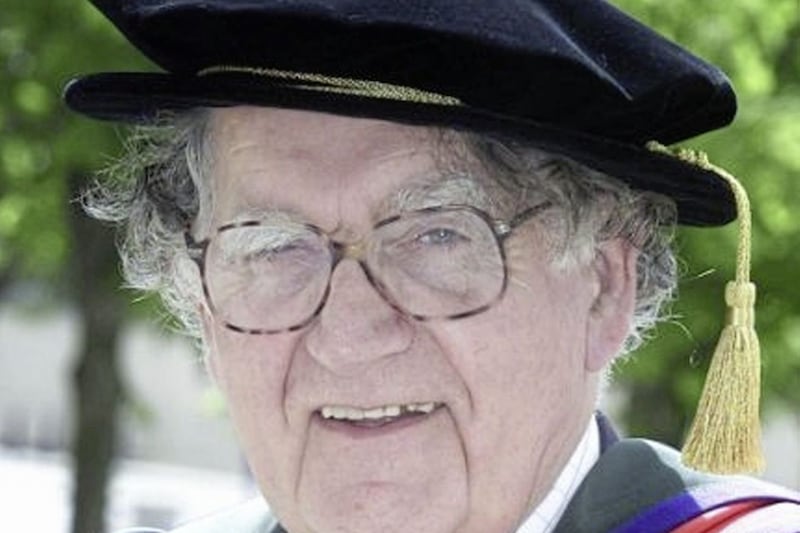FEW public figures in recent history have made such a rich and wide-ranging contribution to public life, sport and culture on this island than Dr Maurice Hayes who passed away on Christmas Eve.
He was born in Killough, Co Down in 1927 into an affluent Catholic nationalist family. His father, a Waterford man who had served in the Great War, became - unusually for a Catholic - Town Clerk of Downpatrick while his mother ran the town’s oldest hotel, Denvir’s and it was here that Maurice grew up.
Maurice spent three years studying for the priesthood before graduating from Queen’s University with a degree in English. He found the post-war Queen’s too ‘dull and earnest’ for his intellectual and social tastes. After a spell teaching in his old school- the ‘Red High’- he followed his late father into local government where he first showed the skills which would mark his later career as a senior civil servant.
Outside the Town Hall, the young Hayes became deeply immersed in the GAA, playing inter-county hurling, speaking Irish and playing a key role in the Down’s double All-Ireland football triumph in the early 1960s.
Married to Joan in 1955 and rearing their family in picturesque Strangford, Hayes was aware both of the historic divisions in Northern Ireland society and of the good community relations which permeated his native East Down. Among the politicians he got to know in his day-job was the rising Stormont minister, Brian Faulkner.
Faulkner quickly recognised his ability and, much to Maurice’s surprise, he was appointed chairman of the new Community Relations Commission following the outbreak of the Troubles in 1969. As the violence escalated over the next three years, Hayes and his colleagues would be forced to deal with the greatest population movement in Western Europe since the Second World War as 60,000 people were forced to flee their homes due to violence and intimidation.
The introduction of internment in August 1971 proved to be the disaster which the Catholic official had warned the ‘ever-courteous’ Faulkner (now PM) it would be. Nationalist alienation intensified and in 1972 Hayes resigned in protest at Bloody Sunday. As he informed Faulkner of his decision, both men knew that Direct Rule from London was now inevitable.
By 1974, Hayes’s insights into Nationalist politics and the so-called ‘minority’ were in demand by British ministers and officials, including William Whitelaw, Harold Wilson and Ted Heath, and he was appointed assistant secretary to the new power-sharing Executive. Though he felt its formation had been unnecessarily rushed by the Heath government, he lamented its failure and the 2,500 needless deaths which were to follow.
Dr Hayes went on to serve with distinction as Permanent Secretary at Health in the 1980s and as the region’s first Catholic Ombudsman before joining the Patten Commission which created the PSNI after the 1998 Agreement. Aware of the historical ‘disconnect’ between the nationalist community and the RUC, he viewed his part in creating a new beginning to policing as perhaps his greatest contribution to peace and stability here.
As the first member of his community to reach the upper echelons of the NI Civil Service, Hayes was in a position to assess local political leaders. He admired Faulkner and John Hume but was particularly perceptive about the late Ian Paisley (who once apologised to him for a personal attack in his paper, the Protestant Telegraph). In his memoirs Hayes recalls, "there were about six Paisleys: two were reasonable, two quite awful and two could go either way". In that sense, the DUP leader’s decision to share power with Sinn Féin did not surprise him.
In his retirement Dr Hayes entered the political arena in the Republic, serving two terms in the Senate and chairing the Forum on Europe as it toured the country. He wrote two autobiographies and continued to promote Gaelic games and reconciliation. Earlier this year reflected on his life as Gaeilge in a special BBC television documentary.
Maurice Hayes was an outstanding individual who used his humanity, luminous intellect and innate tolerance to solve the problems of his fellow countrymen regardless of class or creed to the end. He will be sadly missed. Ar dheis Dé go raibh a anam dilis.
:: Éamon Phoenix is a political historian, Irish News columnist and member of the Taoiseach’s Expert Advisory Group on Commemorations.








